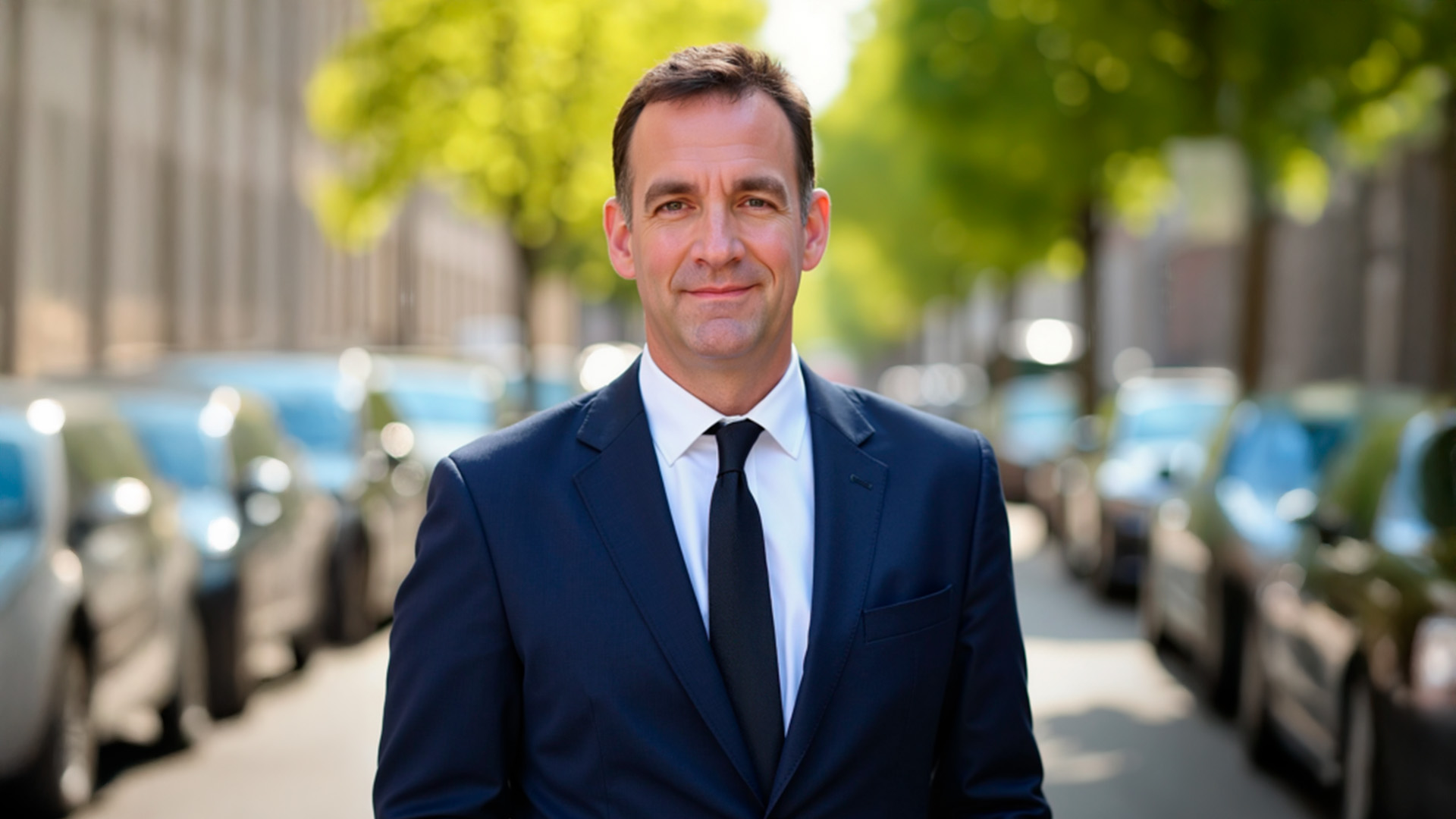Leadership isn’t just about directing tasks or setting goals—it’s about empowering teams to unlock their potential and achieve extraordinary results. In today’s dynamic and competitive business world, empowerment has become a cornerstone of effective leadership. It fosters innovation, resilience, and a sense of ownership among team members, creating an environment where both individuals and organizations can thrive.
Empowering a team is not a single action but an ongoing commitment. It requires a combination of trust, autonomy, resources, and support. Let’s explore how exceptional leaders cultivate empowered teams and why it is critical to organizational success.
The Role of Trust in Empowerment
Empowerment begins with trust. Without trust, teams hesitate to take initiative, fearing mistakes or judgment. Leaders who foster trust establish a foundation where individuals feel safe to experiment, share ideas, and take calculated risks. Trust isn’t built overnight—it requires consistency, transparency, and a willingness to be vulnerable as a leader.
For example, a leader who openly admits to their own mistakes demonstrates humility and reinforces that failure is part of growth. This creates a ripple effect, encouraging team members to step outside their comfort zones and innovate without fear of criticism. Trust also involves delegating responsibility, showing confidence in the team’s abilities, and resisting the urge to micromanage.
One practical way to build trust is through active listening. When team members feel heard and understood, they are more likely to trust their leader’s intentions and direction. Trust creates an environment of psychological safety, where people feel valued and motivated to contribute their best.
Providing the Right Tools and Resources
Empowerment isn’t just about trust; it’s also about equipping teams with the tools and resources they need to succeed. Leaders must ensure that their team members have access to the right training, technology, and support systems to perform at their highest potential.
Professional development is a key component of empowerment. Offering training programs, mentorship opportunities, and skill-building workshops helps individuals grow both personally and professionally. Leaders should also encourage team members to set their own learning goals and provide the resources to achieve them. When employees see that their growth is prioritized, they feel more invested in their roles and the organization’s success.
In addition to skill development, leaders must remove obstacles that hinder performance. This might involve streamlining processes, addressing inefficiencies, or advocating for better resources. Empowerment flourishes when team members feel that their leaders are actively working to set them up for success.
The Power of Autonomy
Autonomy is at the heart of empowerment. Leaders who micromanage or impose rigid controls stifle creativity and diminish morale. On the other hand, granting team members the freedom to make decisions and solve problems on their own fosters accountability, innovation, and engagement.
Autonomy doesn’t mean abandoning oversight—it means setting clear expectations, defining goals, and allowing individuals to determine how best to achieve them. For instance, a leader might outline the desired outcomes of a project but leave the specifics of execution to the team. This approach not only boosts confidence but also encourages creative problem-solving.
However, autonomy must be balanced with guidance. Leaders should make themselves available for support and feedback while resisting the urge to dictate every step. Regular check-ins can help ensure that teams stay on track without feeling constrained.
Fostering a Culture of Collaboration
Empowered teams are not just about individual performance—they are about collective success. Collaboration plays a crucial role in building cohesive and high-performing teams. Leaders should encourage open communication, promote knowledge sharing, and create opportunities for cross-functional collaboration.
A collaborative culture requires breaking down silos and fostering mutual respect among team members. This can be achieved through team-building activities, collaborative tools, and open forums where ideas can be shared freely. Leaders must also model collaboration by working closely with their teams, valuing diverse perspectives, and emphasizing shared goals.
Diversity is a critical element of collaboration. Teams that include individuals with varied backgrounds, experiences, and skill sets are more likely to generate innovative solutions. Empowering these teams means ensuring that every voice is heard and valued.
Overcoming Challenges in Empowerment
Empowerment isn’t always easy to achieve. Leaders often face challenges such as resistance to change, fear of losing control, or the risk of mistakes. Addressing these challenges requires patience, resilience, and a long-term perspective.
One common hurdle is the reluctance to delegate. Leaders may feel that they need to handle everything themselves to ensure quality and efficiency. However, this mindset limits the team’s growth and can lead to burnout. Delegating tasks not only lightens the leader’s workload but also provides team members with opportunities to develop their skills and take ownership of their work.
Mistakes are another barrier to empowerment. Leaders must create an environment where errors are viewed as learning opportunities rather than failures. By normalizing mistakes and focusing on solutions, leaders encourage their teams to take calculated risks and innovate without fear.
The Benefits of Empowerment
The benefits of empowerment extend far beyond individual performance. Empowered teams are more engaged, motivated, and loyal. They are also more likely to generate creative solutions, adapt to challenges, and achieve long-term success.
Organizations that prioritize empowerment often see higher levels of productivity, lower turnover rates, and stronger employee satisfaction. Moreover, empowerment fosters a sense of purpose among team members, connecting their daily work to the organization’s broader mission and values.
Conclusion: Empowerment as Leadership Excellence
Empowering teams is more than a leadership strategy—it is a mindset that drives exceptional results. By building trust, providing resources, fostering autonomy, and promoting collaboration, leaders can create an environment where individuals and teams thrive.
Empowered teams don’t just perform better—they inspire a culture of innovation, resilience, and shared success. For leaders, the journey to empowerment is not without its challenges, but the rewards—for both the team and the organization—are immeasurable.
As leaders embrace the art of empowerment, they transform not only their teams but also their own approach to leadership, creating a legacy of growth, excellence, and impact.
Image source: Unsplash.com





